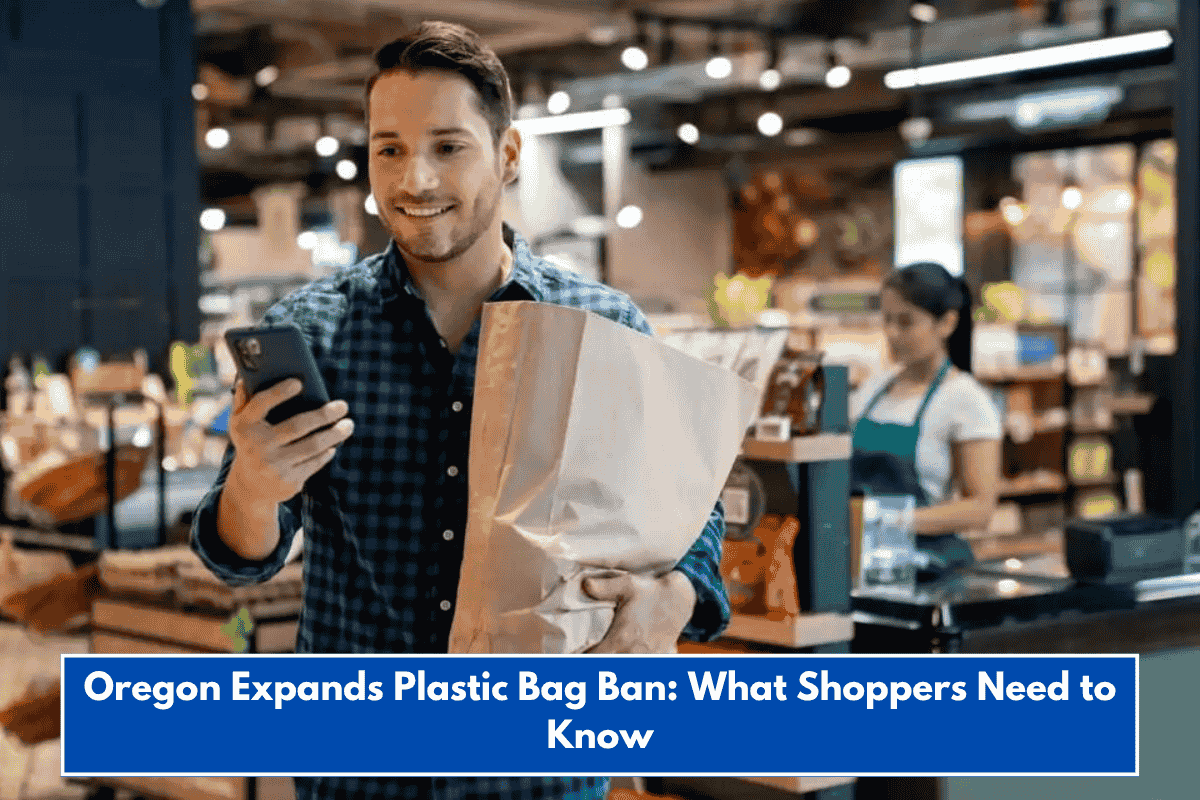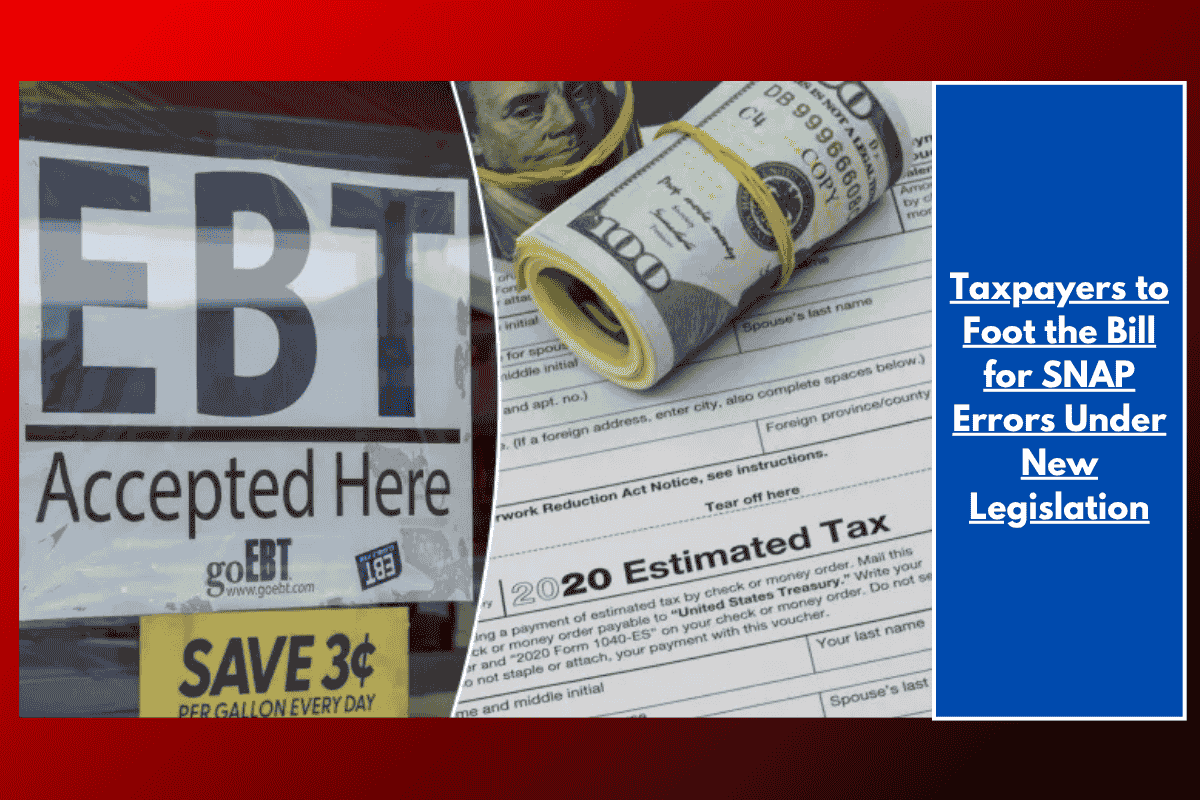Oregon has officially expanded its plastic bag ban, building on legislation signed into law in 2020. The new measure aims to phase out the use of thicker plastic bags in grocery stores, restaurants, and retail locations across the state by January 2027. While this initiative is part of a broader push to reduce plastic waste, it has sparked debate among some shoppers concerned about the potential inconvenience and costs involved. Let’s take a closer look at the new law and its potential impact.
Key Details of the New Law:
Under the new law, which was passed last month and signed into law by Governor Tina Kotek, plastic bags will be gradually phased out in favor of recycled paper bags. The bill impacts various retail sectors, including grocery stores, restaurants, and other retail locations. However, there are exceptions to the rule:
- Walmart and other grocery chains will still be allowed to use plastic bags for packaging raw meat.
- Plastic bags can also be used for bulky items.
The goal of the law is to reduce plastic waste, a key environmental concern for the state, and encourage more sustainable practices in shopping and packaging. Shoppers will have to adapt, either by using recycled paper bags, plastic bags they already have stored at home, or boxes to carry groceries.
The Timeline and Gradual Phase-Out:
The phase-out of thicker plastic bags will be fully implemented by January 2027, giving residents and businesses time to adjust. While this provides a window for transition, some shoppers are already expressing frustration about the potential inconvenience and costs associated with the change.
Criticism and Concerns:
While the law is intended to reduce environmental impact, it has sparked criticism, especially from those who feel the measure doesn’t address the state’s more pressing issues, such as crime and homelessness. One commenter on Reddit pointed out that it’s unlikely to resolve the more immediate problems people face on a daily basis in Oregon: “That’ll solve the crime and homelessness that my family has to navigate on a daily basis while living in Oregon.”
Some residents also voiced concerns that they would have to pay extra for garbage bags due to the rise in paper bag use, which may lead to increased waste management costs for families.
Additionally, there are critics who argue that the bill is a “waste of money”, calling the ban a “stupid” move. Others question whether the law will actually be enforced or whether it will be quietly shelved, claiming it lacks “teeth” to make a real difference.
Other States Following Suit:
Oregon is not alone in the fight against plastic waste. A number of states have already implemented similar bans on plastic bags. For example:
- Philadelphia introduced a plastic bag ban in 2021 as part of a local effort to reduce litter, save money, and improve public safety.
- Pennsylvania lawmakers are now considering whether to introduce a statewide ban on plastic bags, following the lead of cities like Philadelphia and other states nationwide.
These bans are part of an ongoing trend in which local governments and states push for more environmentally friendly alternatives to plastic bags, aiming to reduce litter, improve waste management, and protect wildlife from plastic pollution.
The plastic bag ban in Oregon marks a significant step toward reducing plastic waste, but it also presents challenges for consumers and businesses alike. With a full phase-out scheduled for January 2027, residents have some time to adapt to the changes. However, the law’s impact on everyday shopping habits and its broader societal implications have sparked mixed reactions. As other states follow suit with similar measures, it remains to be seen how these efforts will shape the future of plastic usage in the United States.














